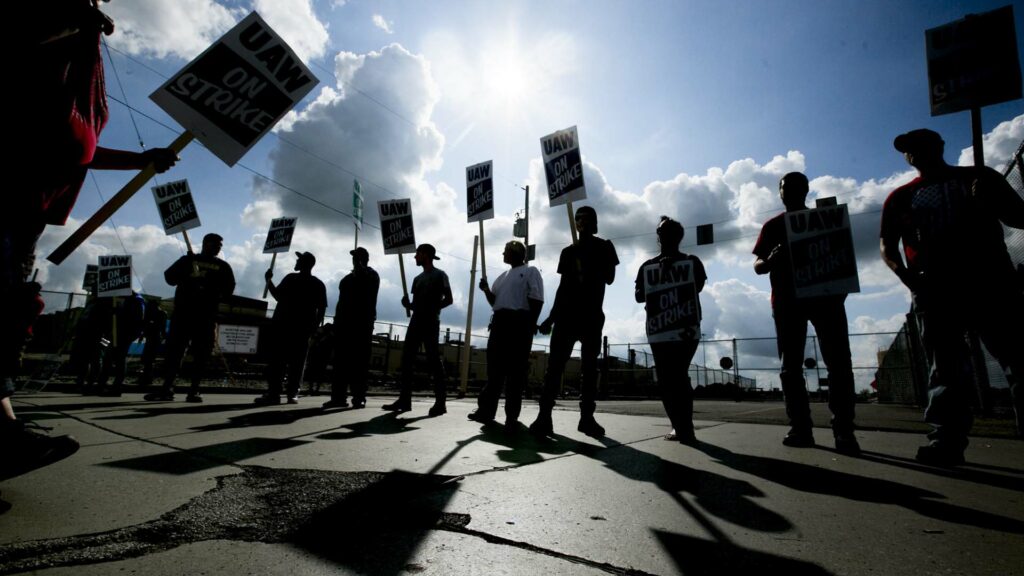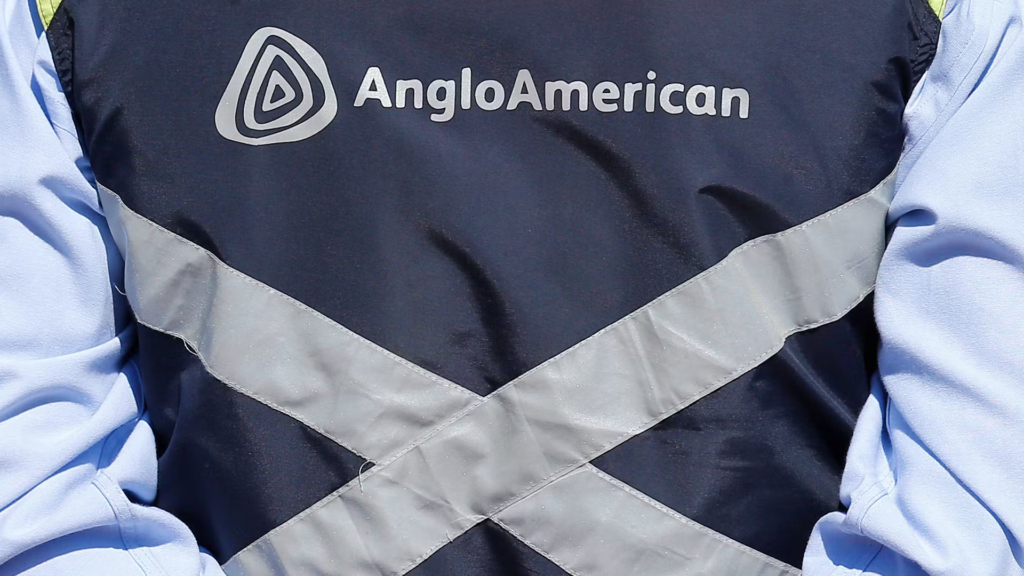|
Getting your Trinity Audio player ready...
|
The automotive industry is currently witnessing a tense standoff between major players and the United Auto Workers (UAW) union.
General Motors (GM) and Stellantis have taken steps to lay off workers, adding to the uncertainty surrounding contract negotiations. With a looming Friday noon deadline for the UAW and the Big Three automakers to reach a deal, tensions are escalating on all fronts.
GM's Fairfax Plant Closure Leads to Layoffs
GM's announcement of the temporary closure of its Fairfax plant in Kansas, responsible for assembling the Chevrolet Malibu, has had ripple effects.
The closure resulted from a shortage of stampings required for Malibu production, sourced from GM's Wentzville, Mo. plant, which is currently grappling with a UAW strike. As a consequence, GM is laying off 2,000 UAW workers at the Fairfax facility.

Stellantis Announces Layoffs and Offers New Proposal
Stellantis has also joined the layoff trend, immediately idling 68 workers at its Toledo Machining Plant, responsible for producing the Jeep Wrangler and Gladiator.
Furthermore, the automaker is potentially looking at laying off 300 UAW workers at two other Stellantis plants in Indiana, Kokomo Transmission and Kokomo Casting.
Stellantis has made its first contract counterproposal to the UAW, focusing on unresolved subcommittee issues. However, details regarding the proposal remain undisclosed.

Countdown to the UAW's Friday Deadline
As the UAW's Friday noon deadline approaches, the stakes are getting higher. UAW President Shawn Fain has made it clear that if "substantial progress" isn't achieved by the deadline, the UAW will expand its stand-up strikes to additional locations.
Analysts at Barclays speculate that the next targets could be the Big Three's highly profitable pickup and truck plants.
Heated Rhetoric and Op-Eds Fuel the Dispute
A source close to the negotiations has revealed a significant gap between GM and the UAW in reaching a deal, with rhetoric between the two parties intensifying.
GM President Mark Reuss penned an op-ed in the Detroit Free Press to counter what he termed a "flow of misinformation" from the UAW, asserting that GM offers competitive wages and is investing in electric vehicle transformation. He also addressed issues like wage tiers and retirement security.

The UAW responded with its own op-ed, written by UAW VP Mike Booth, highlighting its commitment to all UAW workers and its focus on eliminating wage tiers and improving conditions for part-time workers.
Booth challenged the notion of "$16.67 an hour" as acceptable wages, pointing out the vast difference compared to executive salaries.

Uncertainty Prevails as Strikes Loom
With mounting tensions and heated exchanges, experts predict an escalation of strikes at noon on Friday.
The key question is whether the UAW will target the Big Three's major profit centers in full-size trucks or opt for a more strategic approach by hitting smaller operations while reserving their most damaging strike options for future leverage. The automotive industry is on edge as the negotiations unfold.







